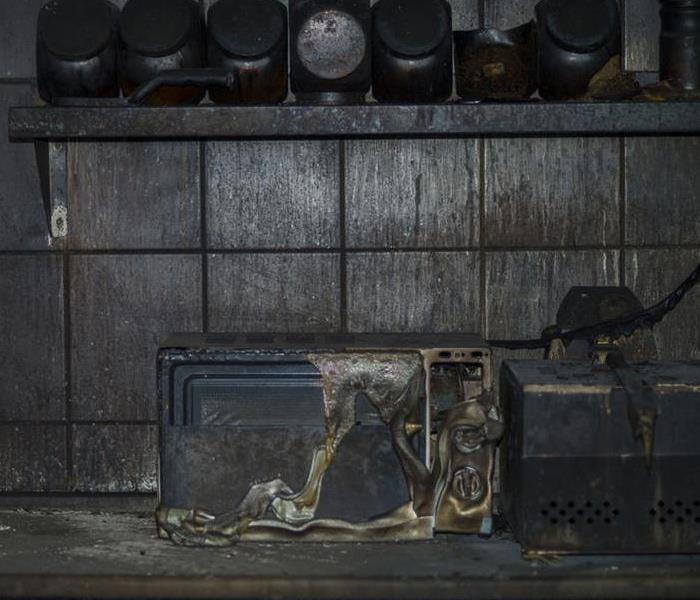Peace of Mind for Renters
8/18/2022 (Permalink)
 What are your policy limits? Do they correlate with inflation and material shortages experienced during the pandemic?
What are your policy limits? Do they correlate with inflation and material shortages experienced during the pandemic?
As protection, most commercial property landlords will require tenants to carry business liability insurance. In addition to a homeowner’s policy, many landlords are now requiring their tenants to carry renter’s insurance because it can be protected if disaster strikes. If a tenant who holds such a policy causes damages to a suite or unit, their insurance may cover repair costs. It may also aid in reducing disputes between landlords and tenants as their insurance helps to identify where coverage applies.
Some policies may be a small monthly expense but well worth the investment in the event of a fire, water, or storm damage that could suddenly occur at your property.
“Our team witnessed a property fire claim loss where a landlord renting to her own daughter missed the mark in this regard. Sadly the fire (started by a burning candle) destroyed large sections of her property along with the vast majority of her daughter’s furniture and belongings. Making matters worse, her daughter/tenant failed to seek out her own insurance policy as a tenant. If she had, it would have provided a degree of protection. Can you imagine having to replace all of your day-to-day items used in your home or business all at once? Overwhelming to say the least but even more so without any financial restitution…”
Be Well Informed and Prepared
Most important is to be well prepared by knowing what your specific insurance policy covers and doesn’t cover. Signing up with your auto insurer, a multi-policy discount may result in surprisingly low premiums along the lines of $10-$15 a month, depending. What your renter’s or tenant’s business owners' policy may cover could be contents that help to cover the cost of replacing your effects if they are ruined due to water damage, smoke & fire, or theft. Additional endorsements or umbrella policies may help to better tailor to your commercial or residential needs. Included in most policies is liability. This helps protect you if someone gets injured inside your home or business and loss of use provides a place to stay temporarily and covers extra food expenditures if forced to relocate while repairs are being made.
What it doesn’t cover is the full value of some items. Some insurance companies place a cap on payouts and are limited on damage or theft claims. Living in Southern California, something to consider is potentially purchasing separate flood or earthquake insurance if you own expensive items that could be destroyed by a natural disaster. Ask lots of questions of your insurance agent and understand the extent of your policies so that you are adequately covered for any unforeseen event. Also, with costs of absolutely everything continuing to rise, it is important to notify and provide documented proof of any upgrades made. If your insurance was never updated, you will receive what you started with. Be proactive and do your due diligence each year by checking on details and especially on limits and make adjustments as needed. We have come across a policy coverage capping out at ten thousand because their policy was written thirty years ago. That type of reimbursement would not cover replacement costs of their damaged kitchen. For many of us, it is better to pay a small monthly increase in coverage than to suddenly have to come up with the funds to remodel an entire kitchen all on our own.






 24/7 Emergency Service
24/7 Emergency Service